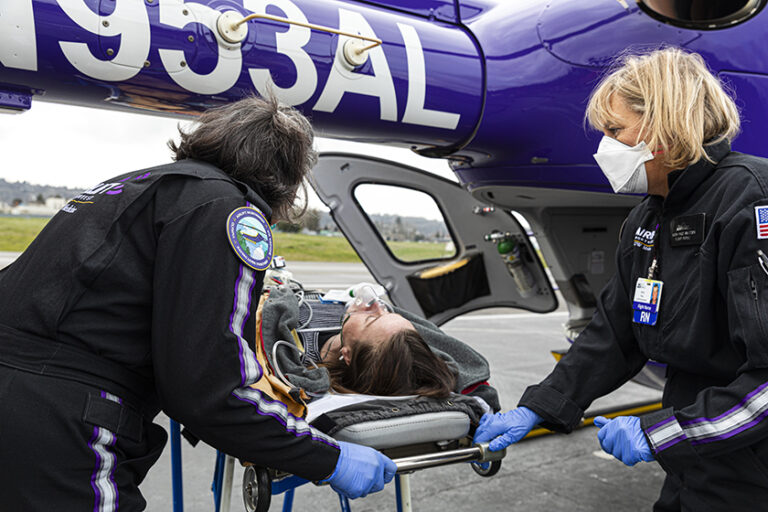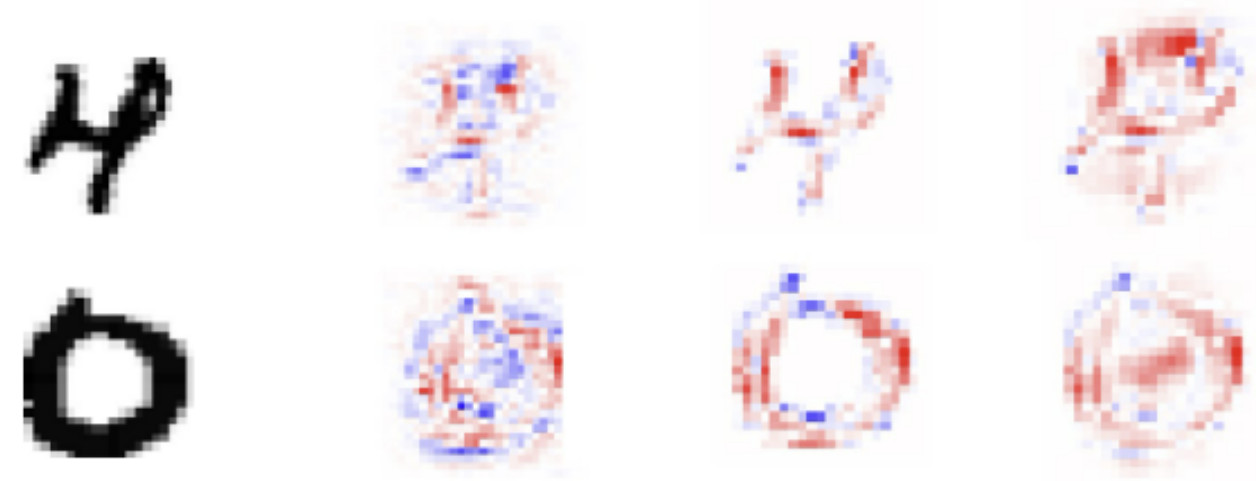Gabriel Erion Barner

I’m an MD-PhD student at the University of Washington, now finishing my MD and applying to emergency medicine residency. My research uses statistics and machine learning to build clinical risk scores in situations where time or data are limited. I strive to make risk scores that are easier to use, more human-interpretable, and that better incorporate clinical domain knowledge.
Education: U. Washington (PhD 2021, MD expected 2023). Harvard College (AB 2015).
Links: [Email], [Twitter], [Google Scholar], [Github], [Linkedin]
Consulting: As of I have availability for consulting; please contact me directly.
Projects

Cost-Aware AI
Standard clinical risk scores predict patient outcomes like mortality or disease using medical variables like age, pulse, or electrolyte levels. However, in some situations gathering certain variables is too slow or expensive to be practical. In several different clinical settings, our Cost-Aware AI software (CoAI) reduced the time, effort, and financial cost of predicting patient risk while preserving or increasing accuracy. [PDF], [Code]
Press: DOTmed | Nature Computational Science | Allen School News [1] [2] [3] | Madrona Venture Partners | GeekWire
Attribution Priors & Expected Gradients
Much recent neural network research has involved explainable AI methods, which highlight which input variables were most important for making a prediction. Sometimes, these methods show models are behaving in undesirable ways -- highlighting random pixels in an image rather than contiguous shapes, or placing importance on hundreds of clinical variables when busy physicians would prefer models that use only a few. We developed methods called attribution priors and expected gradients that allow experts to pre-specify these kinds of criteria; this improved model performance in many different scenarios. [PDF], [Code]
Selected
Publications
Erion G. et al. "A cost-aware framework for the development of AI models for healthcare applications". Nature Biomedical Engineering (2022).
Erion G.*, Janizek, J.D.*, Sturmfels, P.*, et al. "Improving performance of deep learning models with axiomatic attribution priors and expected gradients". Nature Machine Intelligence (2021).
Chen H., Lundberg S.M., Erion G., Kim J., Lee S.-I., "Forecasting adverse surgical events using self-supervised transfer learning for physiological signals" . NPJ Digital Medicine (2021).
Lundberg S.M., Erion G., et al. "From local explanations to global understanding with explainable AI for trees" . Nature Machine Intelliegence (2020).
Janizek J.D., Erion G., DeGrave, A.J., and Lee S.-I. "An adversarial approach for the robust classification of pneumonia from chest radiographs". Proceedings of the ACM Conference on Health, Inference, and Learning (2020).
* indicates equal contribution. Full publication list on Google Scholar.